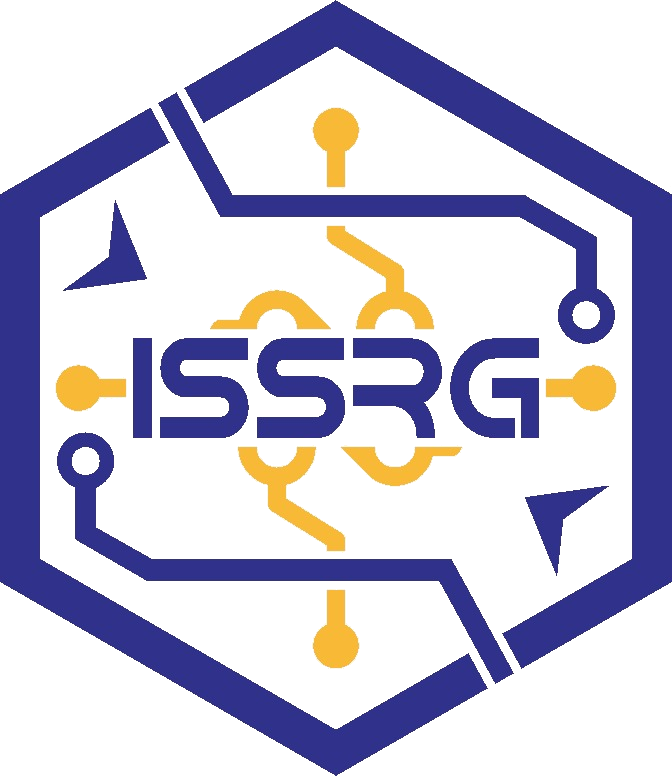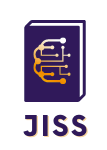Optimizing PPKn Formative Test in Elementary School Level with Digital Food Education Game
Abstract
This research discusses the importance of integrating digital learning media, particularly interactive formative tests based on regional food education games, to enhance the learning outcomes of Pancasila and Citizenship Education (PPKn) at the Elementary School (SD) level. The main goal of PPKn is to cultivate good character and citizenship in students. In the digital era, the use of technology is considered essential to provide a more interactive and engaging learning experience. This study employs a qualitative method and a case study framework to propose the implementation of interactive formative tests through digital learning media, focusing on the use of regional food education games. The research instruments involve the development and application of interactive formative tests based on food education games for SD students. Data are collected through classroom observations, interviews with teachers, and the analysis of formative test results. The findings indicate that the implementation of interactive formative tests through digital learning media, particularly utilizing regional food education games, positively contributes to the learning outcomes of PPKn for SD students. Educational games not only enhance knowledge of traditional foods but also facilitate discussions on local wisdom, cultural diversity, and a sense of love for the homeland. The effectiveness of interactive formative tests is evident in the increased active participation of students in the learning process. This study suggests that the implementation of interactive formative tests through digital learning media, especially in the form of educational games, can serve as an effective model to improve PPKn learning outcomes at the SD level. Support from schools, teachers, and educational stakeholders is crucial to integrate technology in a relevant and meaningful way into student learning.
Full Text:
PDFReferences
Adiwijaya, M., S, K. I., & Christyono, Y. (2015). Perancangan Game Edukasi Platform Belajar Matematika Berbasis Android Menggunakan Construct 2. Transient: Jurnal Ilmiah Teknik Elektro, 4(1), 128-133.
Akbar, M. F., Damayanti, & Sulistiani, H. (2020). Game Edukasi Pengenalan Hewan Langka Berbasis Android Menggunakan Construct 2. Jurnal Teknologi Informasi dan Ilmu Komputer (JTIK), 7(2), 275-282.
Clark, R. E., & Choi, S. (2005). Five design principles for experiments on the effects of animated pedagogical agents. Journal of Educational Computing Research.
Mustari. 2017. Pengembangan Bahan Ajar Ipa Materi Rantai Makanan Siswa Kelas Iv Sekolah Dasar. TESIS. University of Muhammadiyah Malang.
Panjianto, T. (2017). MEDIA GAED (GAME EDUKASI) DALAM PEMBELAJARAN (Impelementasi Game Edukasi Dalam Pembelajaran Anak).
Saifuddin, A. (2010). Fungsi dan Pengembangan Pengukuran Tes dan Prestasi. Yogyakarta: Pustaka Pelajar.
Sugiyono. (2014). Metode Penilitian Kualitatif, Kuantitatif dan R&D. Bandung: Bandung alfabeta.
DOI: http://dx.doi.org/10.26798/jiss.v2i2.1140
Article Metrics
Abstract view : 540 timesPDF - 411 times
Refbacks
- There are currently no refbacks.
Copyright (c) 2023 Suryanto Suryanto, Aldina Kusuma Dewi
This work is licensed under a Creative Commons Attribution-ShareAlike 4.0 International License.
- https://jurnal.narotama.ac.id/
- https://www.spb.gba.gov.ar/campus/
- https://revistas.unsaac.edu.pe/
- https://proceeding.unmuhjember.ac.id/
- https://ejournal.uki.ac.id/
- https://random.polindra.ac.id/
- https://scholar.ummetro.ac.id/
- https://ejournal.uika-bogor.ac.id/
- https://www.iejee.com/
- https://e-journal.iainptk.ac.id/
- https://journal.stitpemalang.ac.id/
- https://revistas.unimagdalena.edu.co/
- https://catalogue.cc-trieves.fr/
- https://revistas.tec.ac.cr/
- https://jurnal.poltekapp.ac.id/
- https://ojs.ucp.edu.ar/
- https://ihcway.sakura.ne.jp/
- http://www.apps.buap.mx/
- http://media-ojs.vls.icm.edu.pl/
- https://saber.unioeste.br/
- https://cinnda.org/
- https://jurnal.untidar.ac.id/
- https://ojs.adzkia.ac.id/
- https://supp.journalrmc.com/
- https://journal.thamrin.ac.id/
- https://ejurnal.unima.ac.id/
- https://journal.umpalopo.ac.id/
- https://ejournal.upnvj.ac.id/
- https://journal.ittelkom-pwt.ac.id/
- https://ojs.unpatompo.ac.id/
- https://jurnal.staim-probolinggo.ac.id/
- https://jurnal.ppi.ac.id/
- https://revistas.urp.edu.pe/


1.png)



